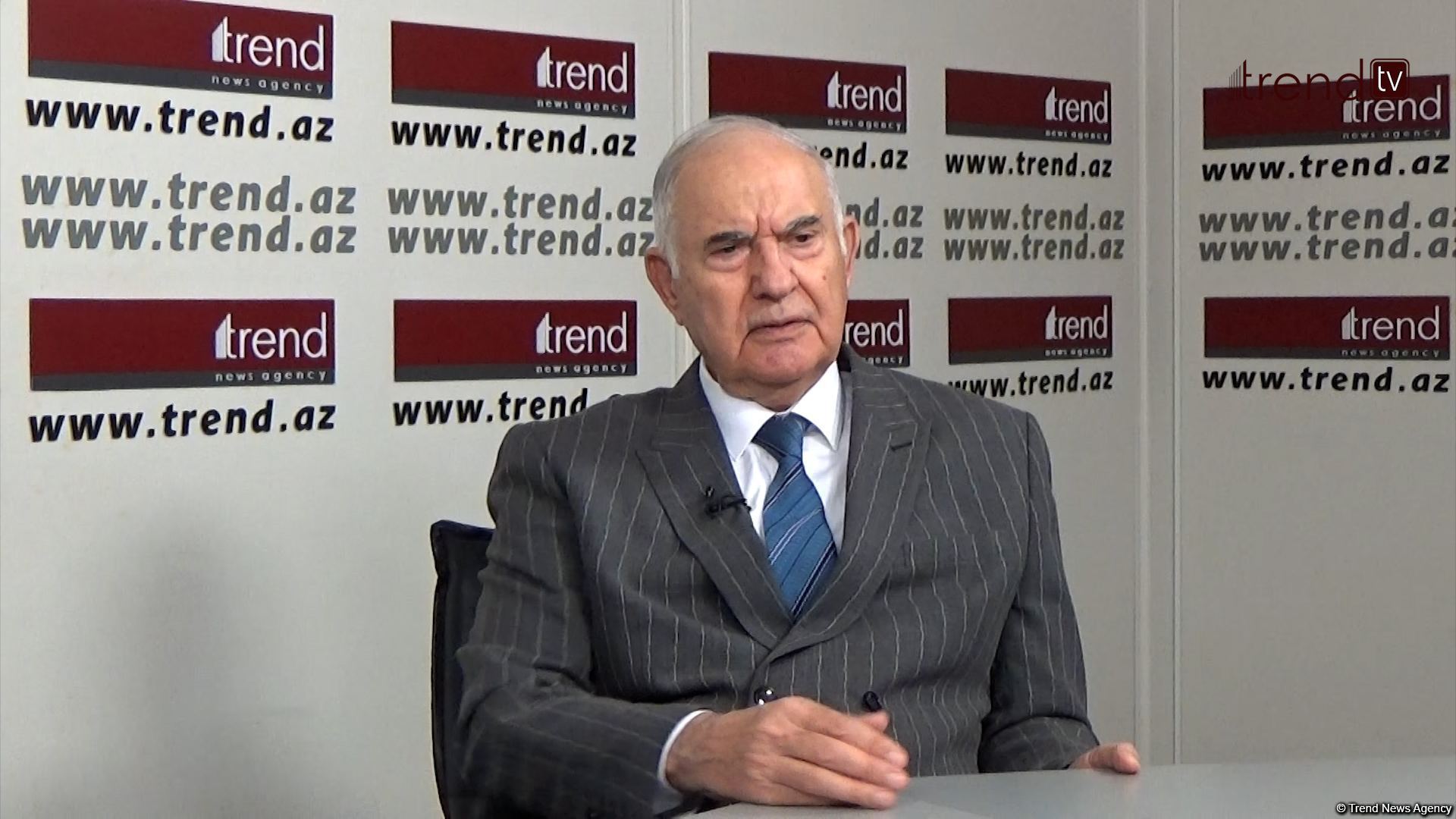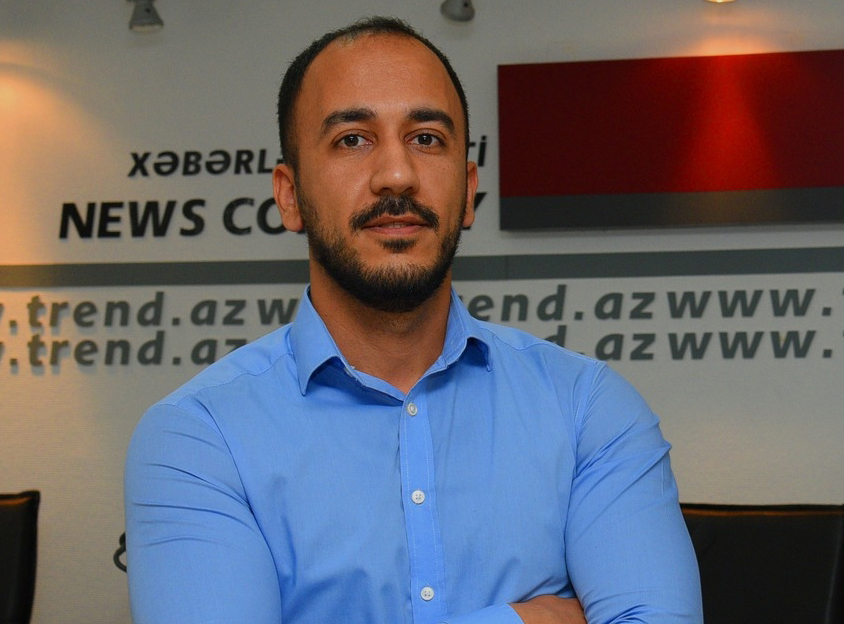BAKU, Azerbaijan, February 26. During the night of February 25-26, 1992, the Khojaly genocide unfolded as Armenian armed forces, assisted by the 366th regiment of the former Soviet army stationed in Khankendi, attacked the town of Khojaly, mercilessly massacring the peaceful population with unprecedented cruelty, marking one of the worst tragedies in history, political analyst Azer Garayev told Trend.
According to an Azerbaijani political analyst, civilians attempting to flee the town on the day of the tragedy were ambushed near Nakhchivanli and Pirjamal villages, resulting in either fatalities or captures by Armenians.
"During the Khojaly genocide, 613 individuals lost their lives, including 106 women, 63 children, and 70 elderly people; 1,275 residents were taken hostage, and the fate of 150 individuals remains unknown. The city was left in ruins. On that tragic night, 487 Khojaly residents, including 76 children, suffered severe injuries. Eight families were entirely obliterated, and 25 children were orphaned," he added.
The political analyst emphasized that the Khojaly tragedy endured by the Azerbaijani people in the twentieth century stands as a dark chapter comparable only to such a bloody event as the Holocaust, leaving an indelible mark on the history of humanity.
"The Khojaly tragedy, which occurred at the end of the twentieth century, is one of the severest crimes directed not only against the Azerbaijani people but also against all mankind and humanity," Garayev said.
He pointed out that the recognition of the Khojaly genocide has been documented in parliamentary resolutions from various countries, including Bosnia and Herzegovina, Colombia, Czech Republic, Honduras, Jordan, Mexico, Pakistan, Panama, Peru, Sudan, Djibouti, Guatemala, Paraguay, Slovenia, Scotland, Indonesia, and Afghanistan.
Moreover, legislative bodies and gubernatorial proclamations in over 30 US states have acknowledged the Khojaly genocide. The 12th session of the Organisation of Islamic Cooperation (OIC) Summit in Cairo in February 2013, as reflected in its Final Communiqué, urged collective efforts for the recognition of the Khojaly genocide. Furthermore, the European Court of Human Rights (ECHR), in its decision dated April 22, 2010, characterized the genocide in Khojaly, consisting of Azerbaijani citizens, as "particularly grave acts that may be considered war crimes or crimes against humanity."
Garayev highlighted that the 'Justice For Khojaly' campaign,
initiated in 2008 by Vice-President of the Heydar Aliyev Foundation
Leyla Aliyeva, has proven effective across numerous countries.
"The campaign employs various means, such as social media updates,
exhibitions, meetings, contests, conferences, seminars, and other
events to achieve its objectives. Acknowledging the heroism of the
triumphant Azerbaijani army, he noted that the bloodshed in Khojaly
found a resolution. During the Second Karabakh War of 2020, the
heroic Azerbaijani army, led by President Ilham Aliyev, victorious
Supreme Commander-in-Chief, successfully liberated lands that had
been under Armenian occupation for three decades. The resolute
actions of the Azerbaijani army characterized as an 'Iron Fist,'
resulted in the successful clearance of Khojaly from separatist
forces through local anti-terrorist measures in Karabakh on
September 19-20, 2023," he said.
Stay up-to-date with more news at Trend News Agency's WhatsApp channel







